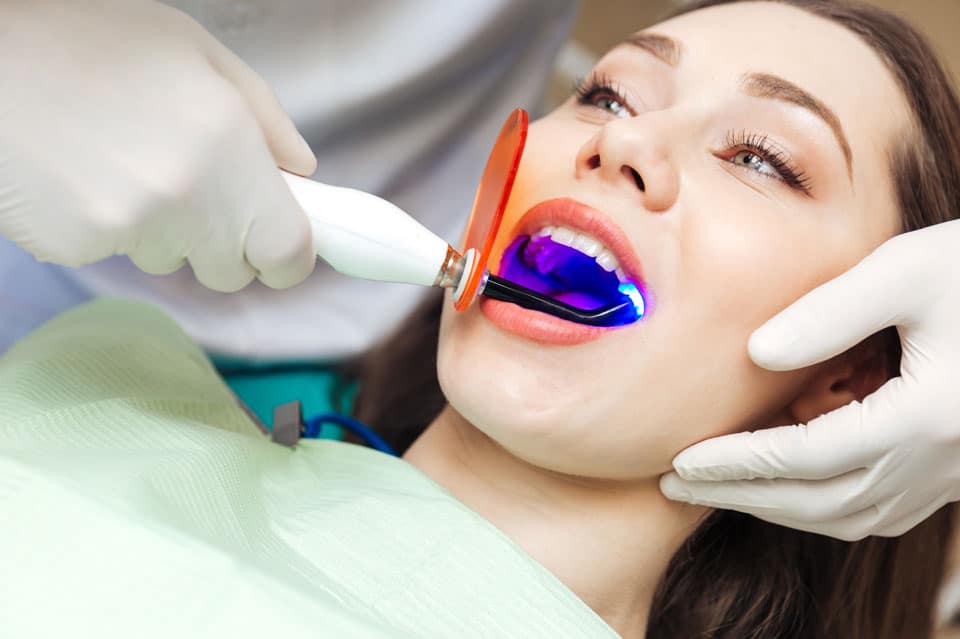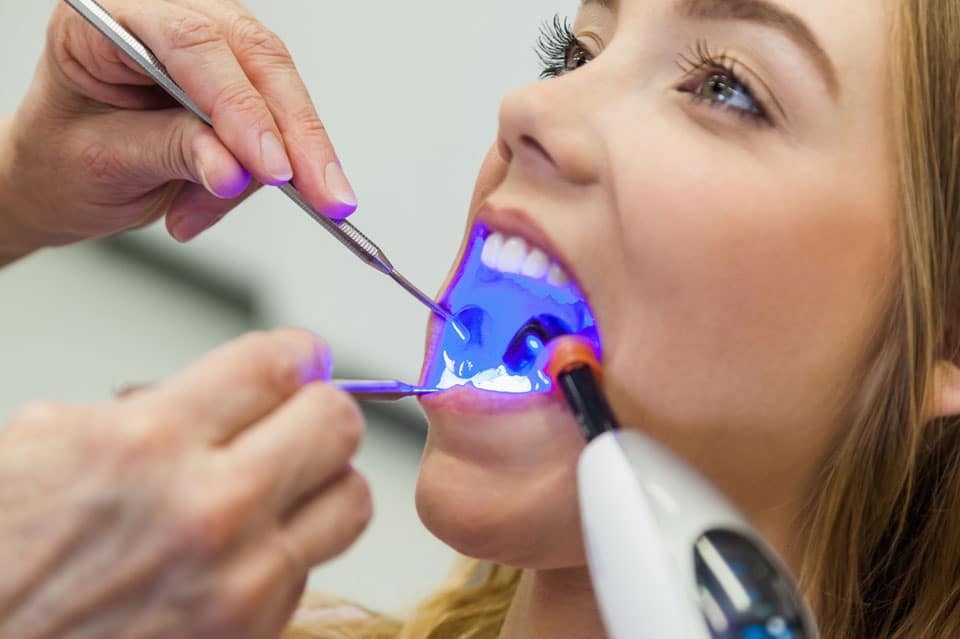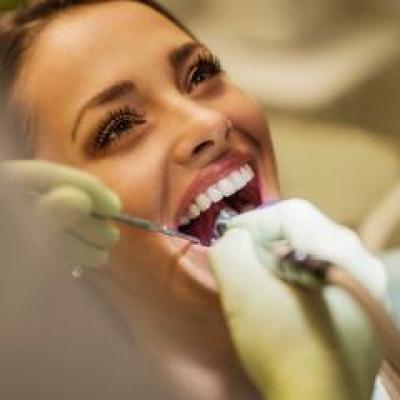How Can I Improve Bone Loss In My Teeth?
Posté par Clark Ervin
Corps
You may experience pain and swelling in your teeth but not bone loss or resorption. However, it may happen due to tooth extraction, orthodontic appliances, and tooth infection. Therefore you should learn how to prevent tooth loss in the teeth and keep your teeth and gums suitable for tooth replacement solutions.
As s trusted dentist Energy Corridor, you should be aware of replacing your missing teeth and practice good dental care to prevent bone loss. Here are some ways you should consider slowing down bone loss through oral treatment and lifestyle changes.
How does bone loss occur in teeth?
Our bones have their roots and nerve signals for messaging called osseointegration, where osteoblasts carry signals and stimulate through body moment. For your jaws, the stimulation comes from pressure exertion from your teeth whenever you eat, chew, or bite.
But, when we lose a natural tooth, the stimulation interrupts, and your body thinks that the bones are no longer, so there is no need to hold. Therefore osteoclasts break down the bones and release bone constantly.

What are the Symptoms of bone loss in teeth?
Bone loss in your teeth happens gradually and may show the following symptoms:
- If your dentures are ill-fitted
- Teeth shifting
- your facial structure collapse
- Have more wrinkles
- Loose teeth
- Your lips start sinking inwards
- You may experience discomfort while chewing and eating
If you want to save your teeth and the aesthetic look of your face, you should visit Memorial Dent to prevent bone loss.
What are the Causes of bone loss in your teeth?
Tooth loss is most common due to bone resorption. However, some conditions make bone resorption a risky factor, including:
Can you reverse dental bone loss?
Bone loss is a natural phenomenon and part of the aging process. However, you may experience bone loss due to tooth loss, injury, disease, and infection; you should visit Memorial Dentists to prevent the severity of infection or disease or slow down bone loss in your teeth:
Replace your missing teeth
If you lose your teeth, that will make your body think you don’t need bones to attach to them due to a lack of stimulation from chewing and eating.

However, dental implants are the only option to help send stimulation like your natural tooth and roots. In dental implants, the closest walk in dentist places a titanium post below the gum line to help bone treatment themselves to rebuild your jawbone.
Rooting and scaling
Gingivitis is the inflammation and pain around your gums, the first stage of dental infection. Gum diseases are reversible with proper treatment and good dental practices. Also, you shouldn’t compromise your immune system. To stop further damage progression, it’s essential to remove plaque and tartar buildup from and below the gum line that may cause the inflammation.
Conclusion:
If left untreated, the bone in your jaw and surrounder teeth will continue to lose, resorb, disease and pain. However, proper dental care can stop bone loss and even reverse it. Therefore you should visit City Center Dental for proper treatment and diagnosis of the dental issue.











commentaires